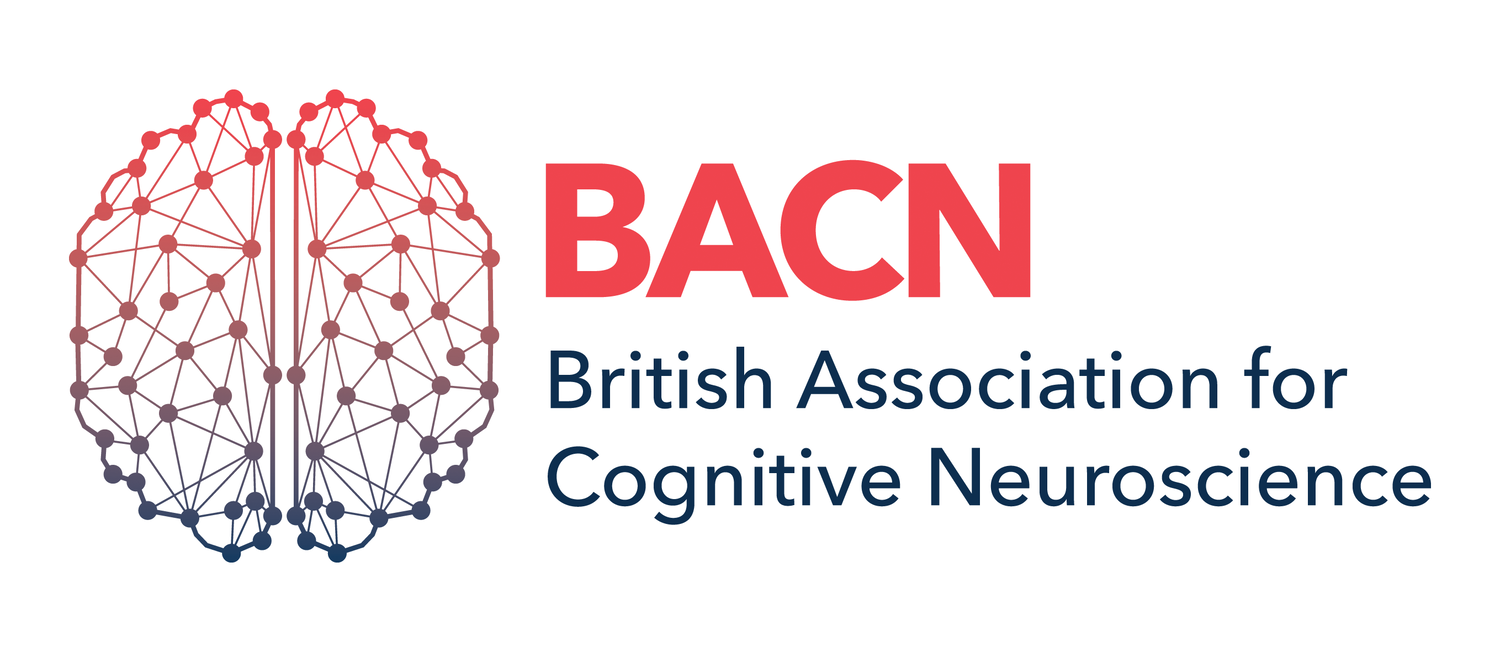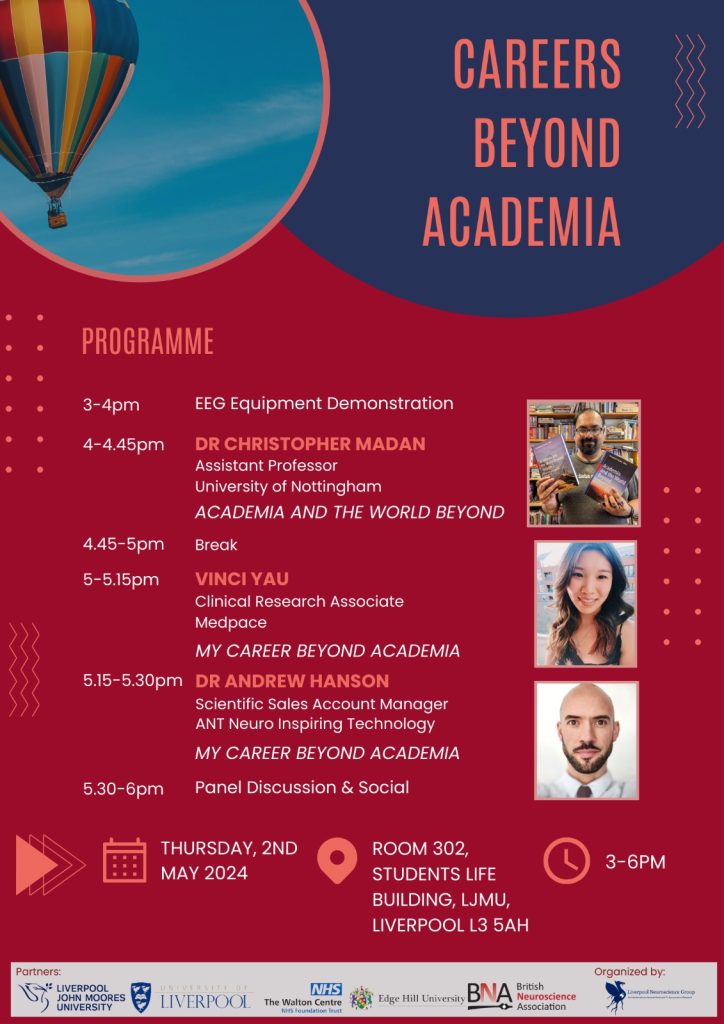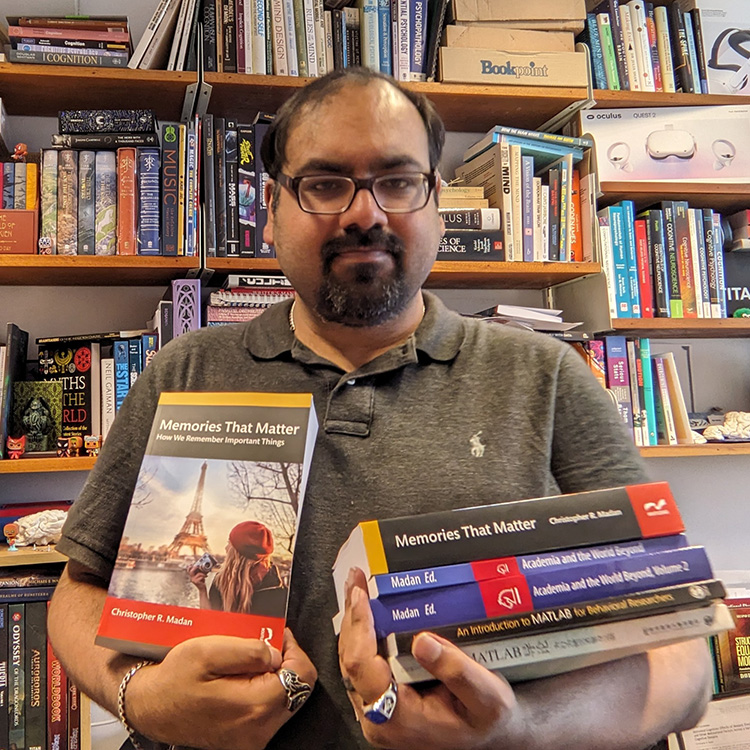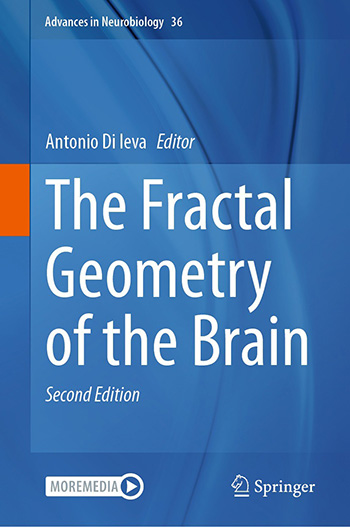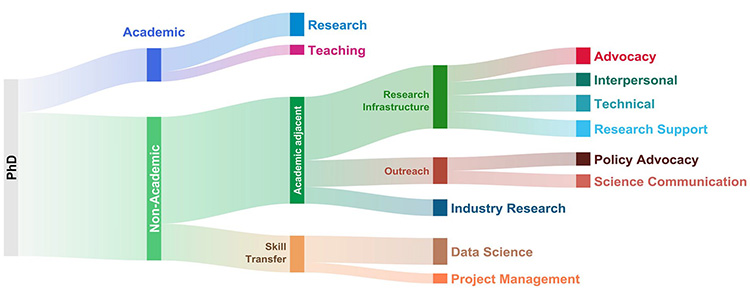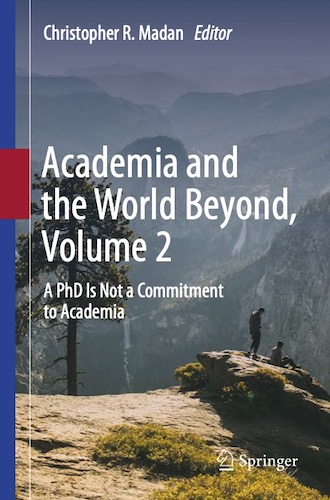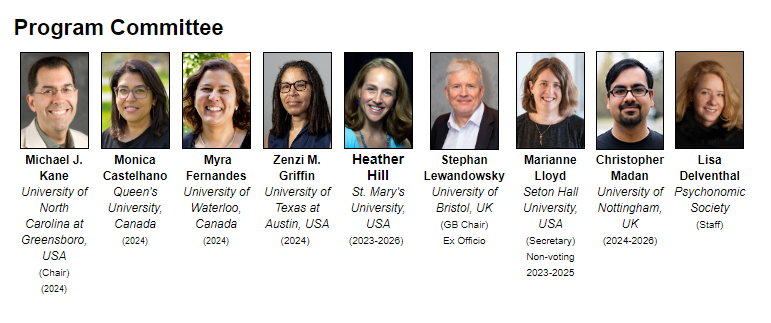Lab Updates
2025 BACN Early Career Award
Dr. Madan has been chosen for the 2025 British Association for Cognitive Neuroscience’s (BACN) Early-Career Award.
“This award aims to reward and to recognise distinguished scholarship and research excellence undertaken over a period by a cognitive neuroscientist who is currently active in research, and who has made a substantial contribution to Cognitive Neuroscience in the UK.”
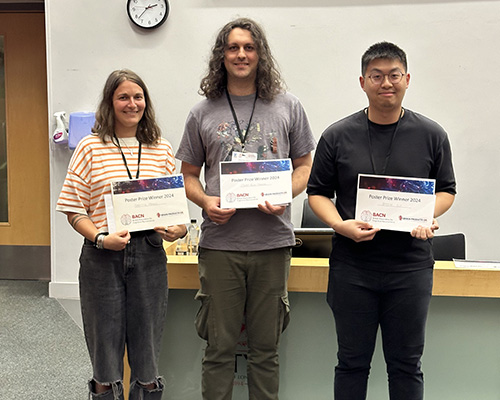
James wins poster award!
James won a poster award at the recent meeting of the British Association for Cognitive Neuroscience!
Preprint coming soon.
Study identifies universal blueprint for mammalian brain shape
Final version now out in eLife, conducted in collaboration with researchers at Newcastle University and Universidade Federal do Rio de Janeiro.
“This study presents valuable framework and findings to our understanding of the brain as a fractal object by observing the stability of its shape property within 11 primate species and by highlighting an application to the effects of aging on the human brain.”
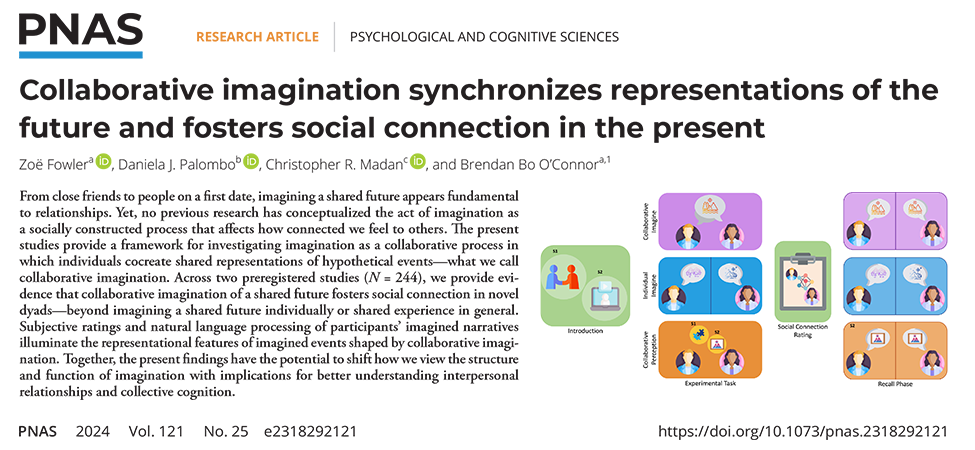
Collaborative imagination synchronizes representations of the future and fosters social connection in the present
New paper out in PNAS!
“The present studies provide a framework for investigating imagination as a collaborative process in which individuals cocreate shared representations of hypothetical events—what we call collaborative imagination. Across two preregistered studies (N=244), we provide evidence that collaborative imagination of a shared future fosters social connection in novel dyads—beyond imagining a shared future individually or shared experience in general. Subjective ratings and natural language processing of participants’ imagined narratives illuminate the representational features of imagined events shaped by collaborative imagination.”
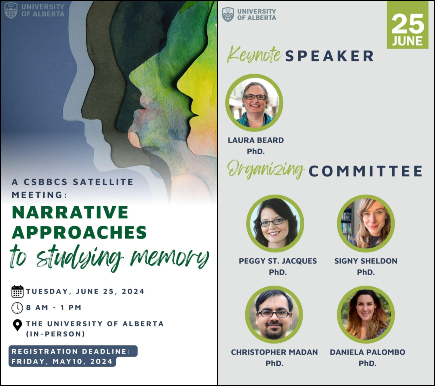
CSBBCS Satellite Meeting on Narrative Approaches to Studying Memory
We are organizing a satellite meeting on Narrative Approaches to Studying Memory at the Canadian Society for Brain, Behavior, & Cognitive Science which will take place from 8am-1pm on June 25 in Edmonton, Canada.
In this satellite meeting, we will discuss the most popular technological advances used in the field of autobiographical memory, and how they can be leveraged to advance theoretical models of memory. We additionally highlight some of the pitfalls of current methodologies.
Liverpool careers talk
Dr. Madan will be giving the keynote presentation at the Liverpool Neuroscience Group’s event on Careers Beyond Academia, based on his work on the Academia and the World Beyond research.
Memories That Matter
Memories That Matter is out!
What makes some experiences more memorable than others? How can you better remember specific information later? Memories That Matter addresses these questions and more.
The book is intended for senior-level undergraduate course, graduate seminar, as well as for researchers.
New book chapter
The second edition of The Fractal Geometry of the Brain just came out!
I am delighted to have contributed to revising one of the chapters, Fractal Dimension Analysis in Neurological Disorders: An Overview, along with collaborators in Germany and Spain.
Post-PhD career path categorisation
This is the first paper that extends the Academia and the World Beyond book series.
Here I conducted a heirarchical qualitative classification analysis on the 53 interviews to give students a better guide on which interviews/career journeys are relevant to them. This analysis also yielded insights into different categories of career paths, based on the types of skills they rely on.
Academia and the World Beyond, Vol. 2
This book is a collection of 31 interviews with those who have completed a PhD and are now in a non-academic role. Interviewees provide background into their PhD topic and discuss how they transitioned to their current position, including what additional training was necessary and how their PhD training has helped them succeed.
EWCN
Dr. Madan gave an invited talk at the European Workshop on Cognitive Neuropsychology in Bressanone, Italy as part of a symposium on language and memory.
“Historically, memory and language have often been seen as separate cognitive functions and studied in isolation, hindering cross-domain knowledge transfer. However, understanding their relation and possible functional overlap could be fruitful for advancing the field of cognitive (neuro)science more broadly. This is easier said than done: It is not entirely clear if the two domains can be integrated and, critically, if so, how. During the symposium, we will discuss the extent to which the language and memory systems overlap and which approaches and methodology are likely to bring clarity to this question (e.g., what roles do neural measures or neuropsychological evidence have to play in guiding the answers).”
A featured article in Cognitive Neuropsychology is forthcoming.
Psychonomic Program Committee
Dr. Madan has begun a 2-year term on the Psychonomic Society Program Committee.
“The Program Committee oversees aspects of the conference related to the program. This committee interfaces with the Secretary to adjudicate issues concerning submissions and acceptances. The committee also is free to develop and propose ideas concerning any aspect of the conference that it deems necessary and appropriate. The Program Committee selects symposia for the Annual Meeting and recommends their selections for a vote of the Governing Board. They also select winners from applicants for Graduate Conference Awards, previously the Graduate Travel Awards.”
